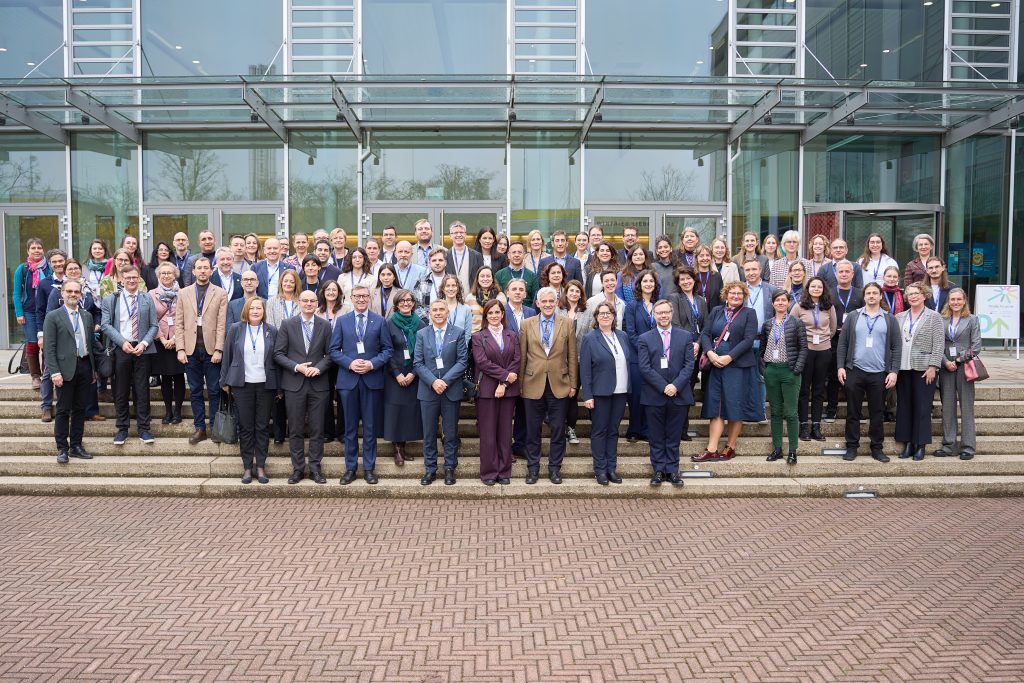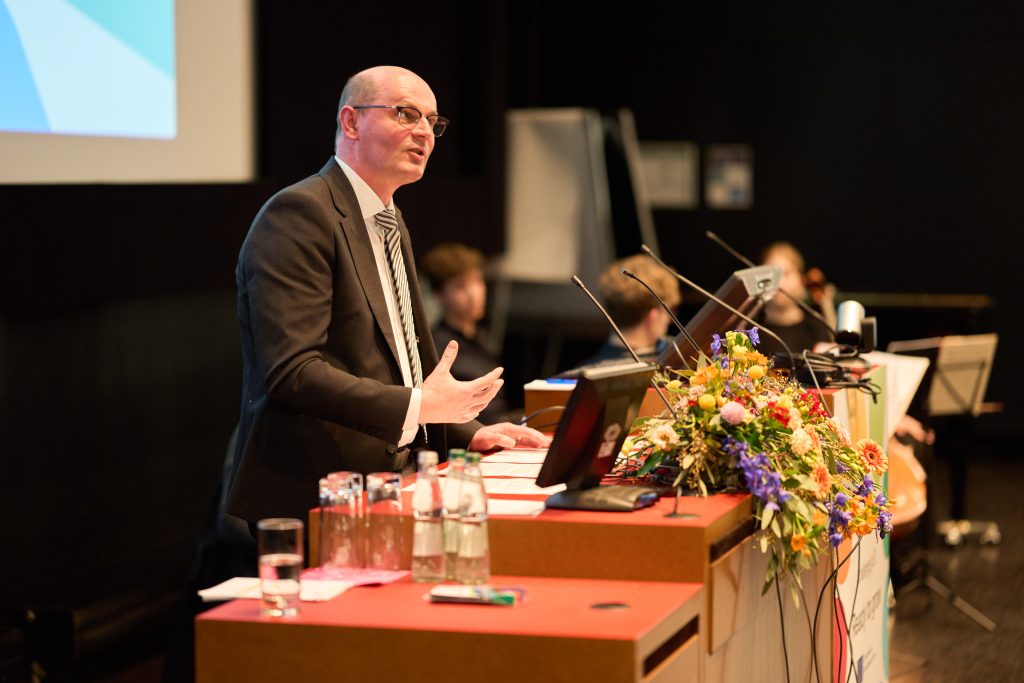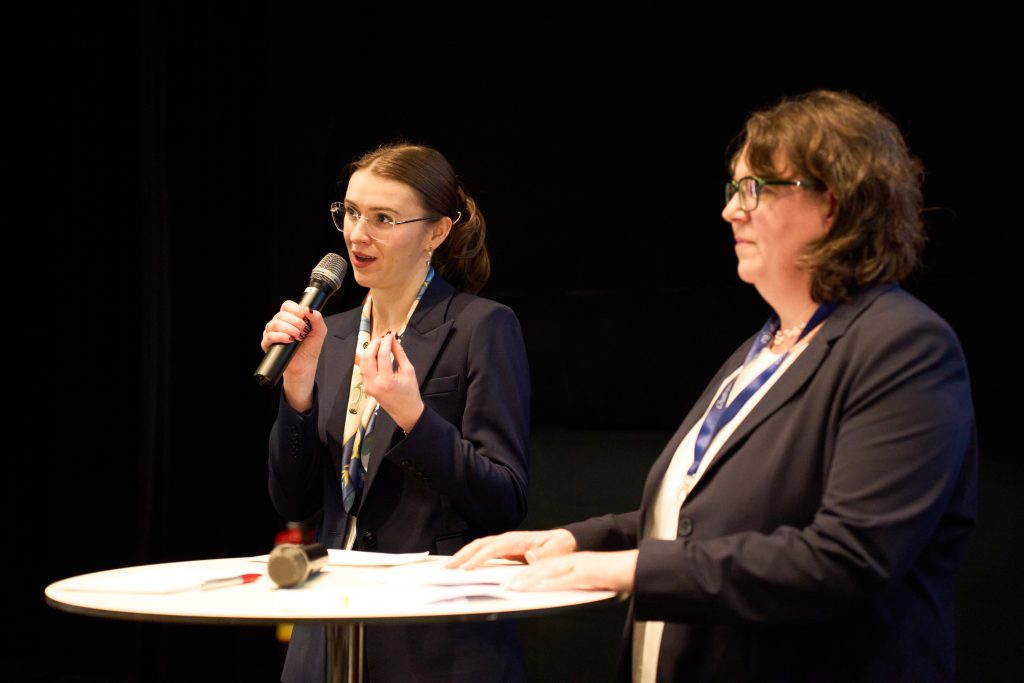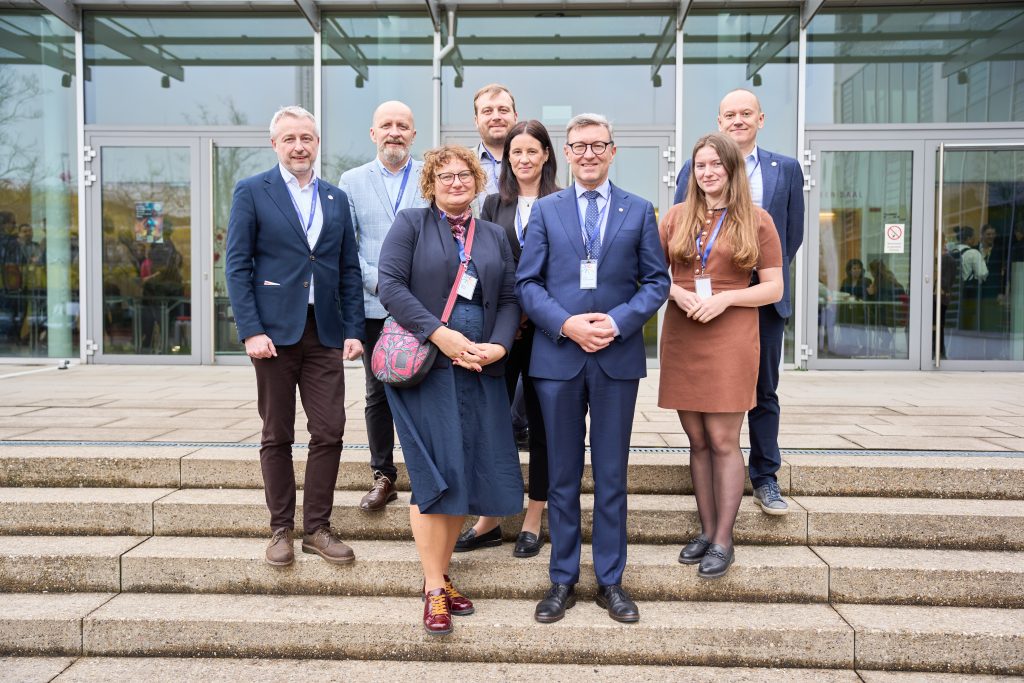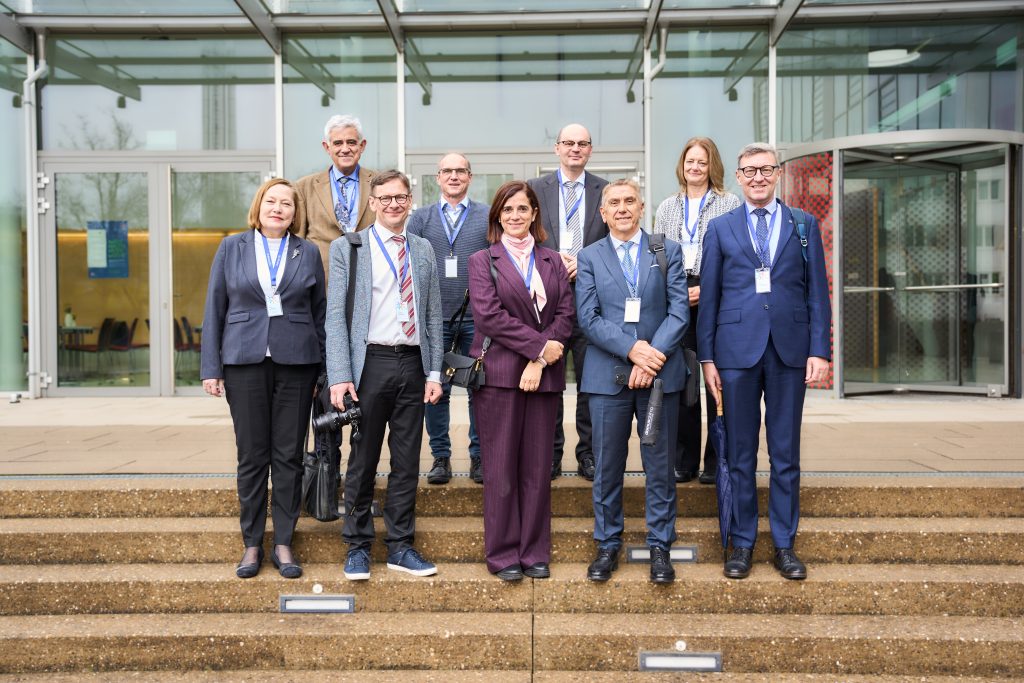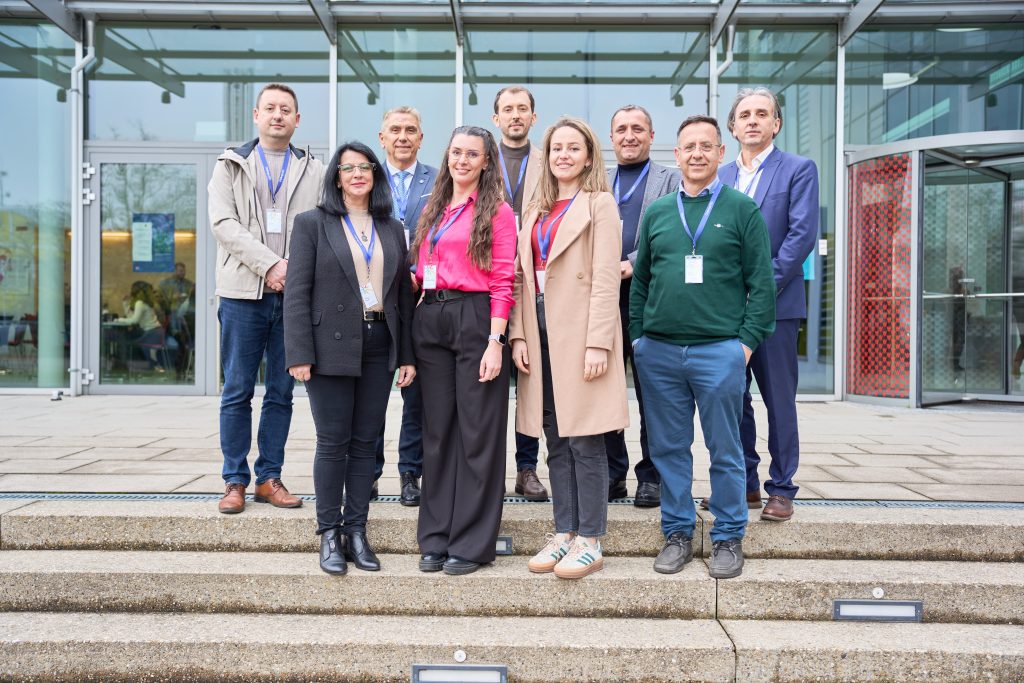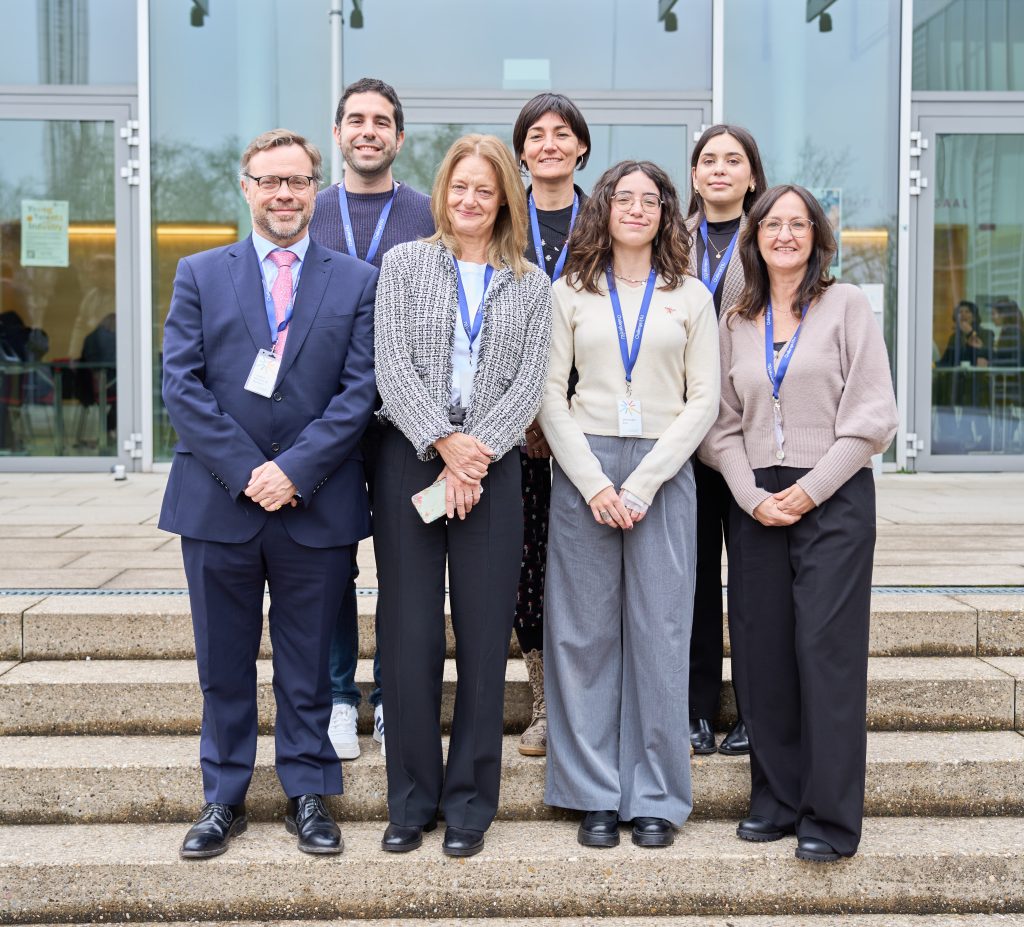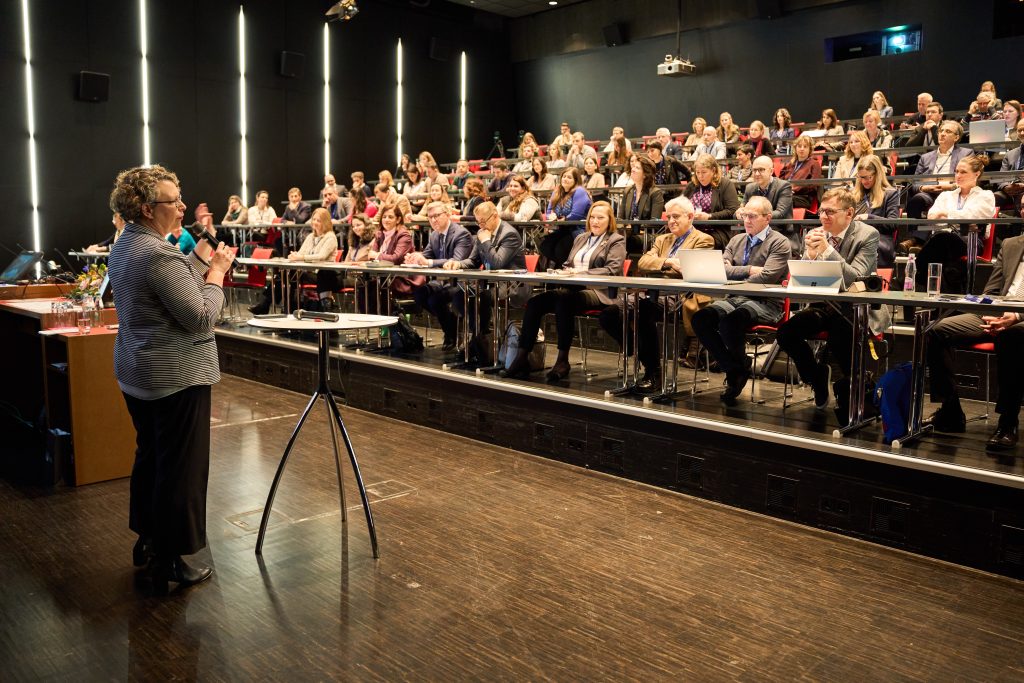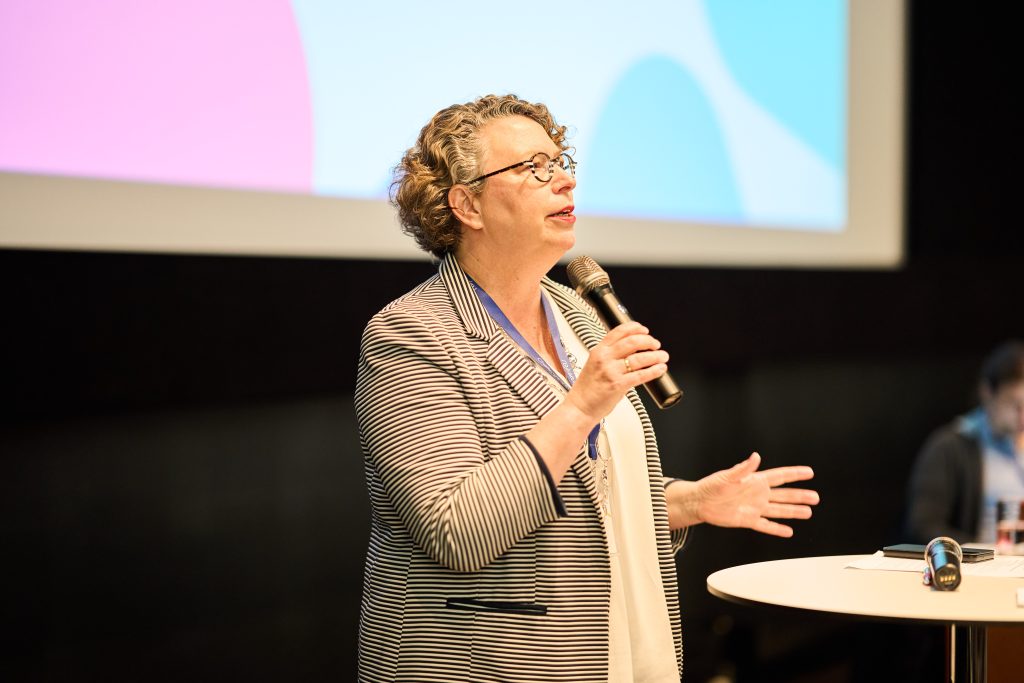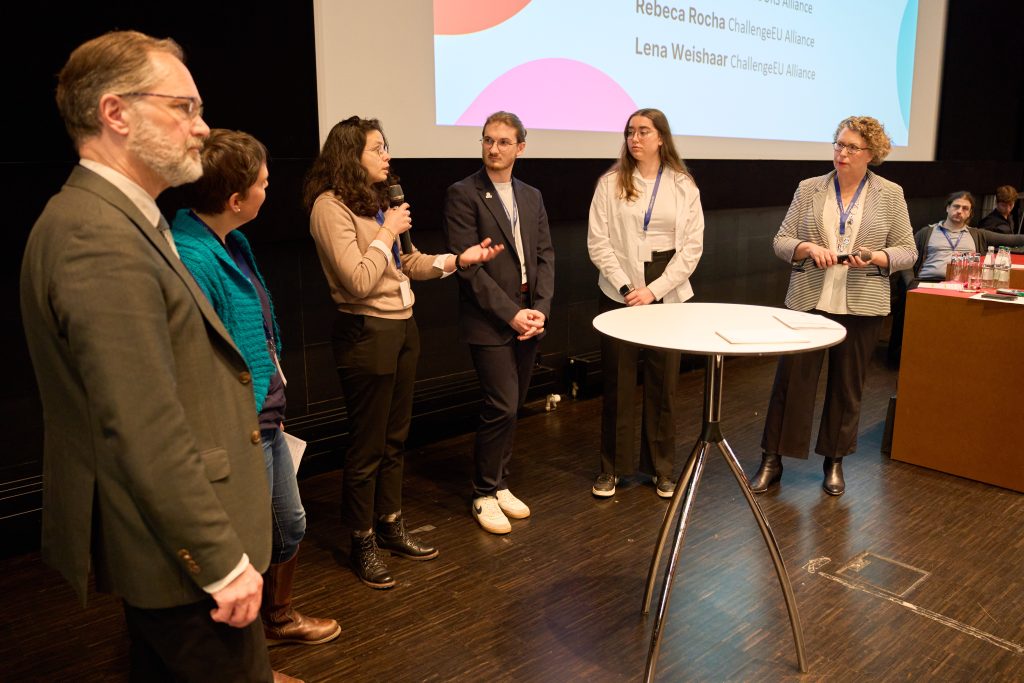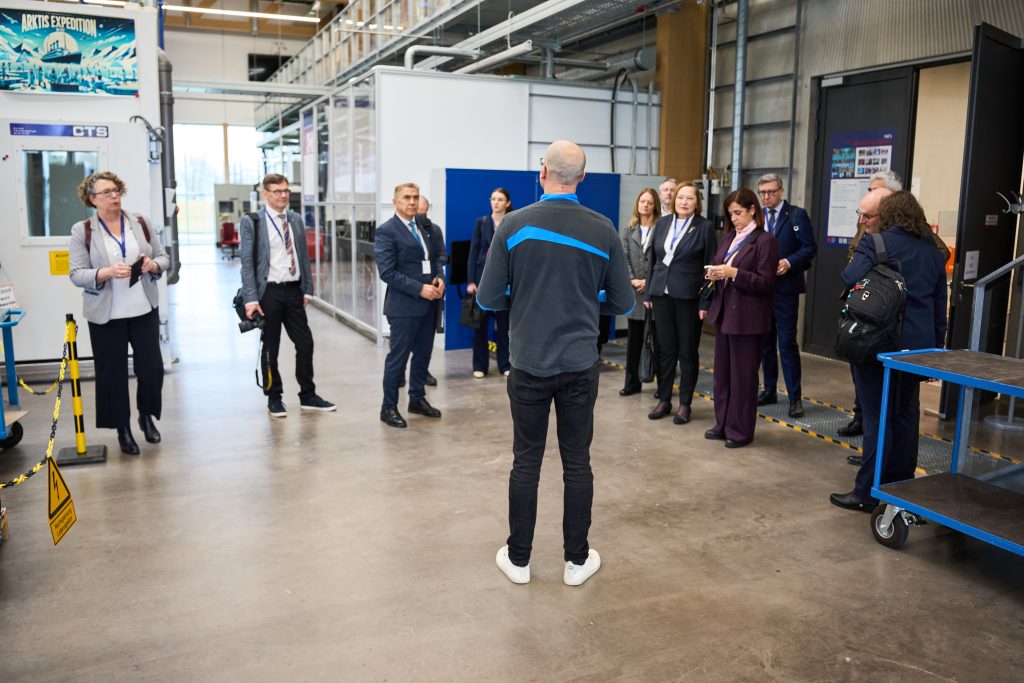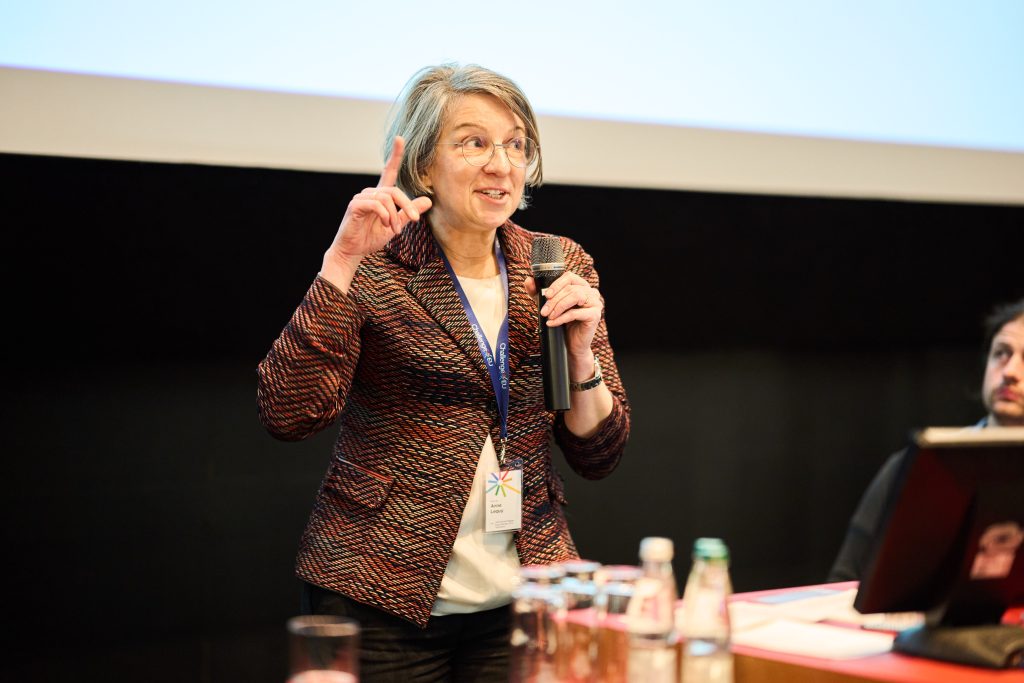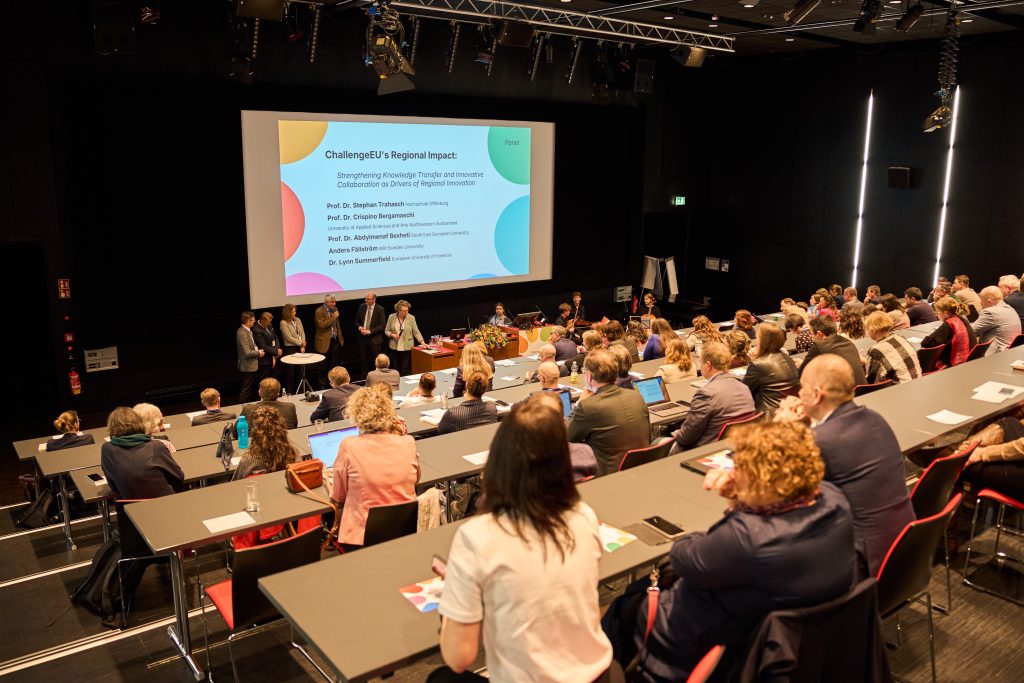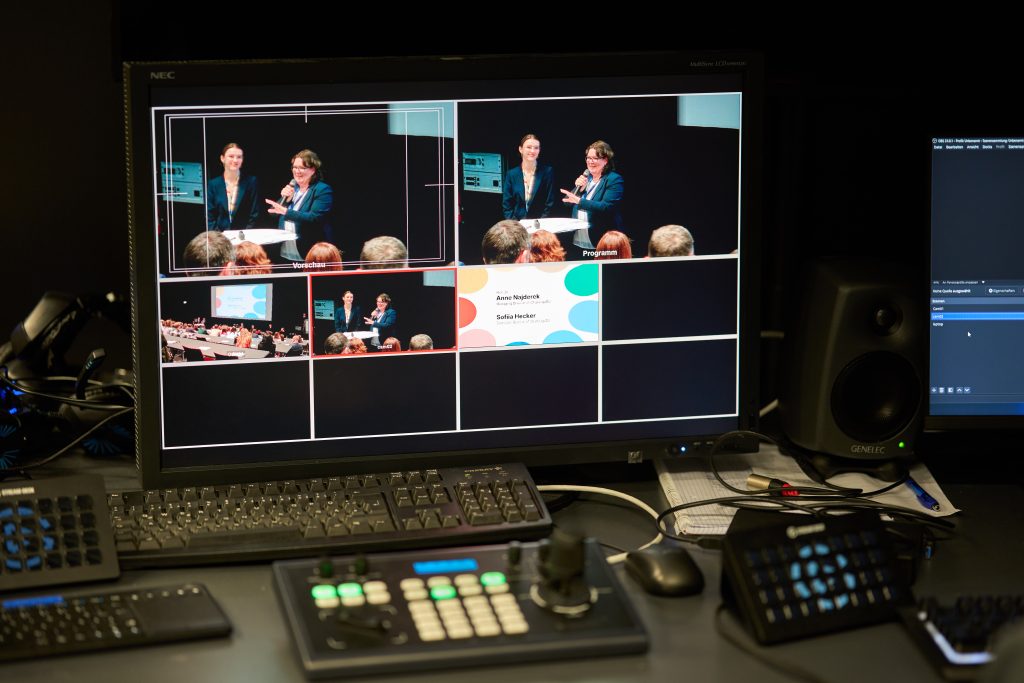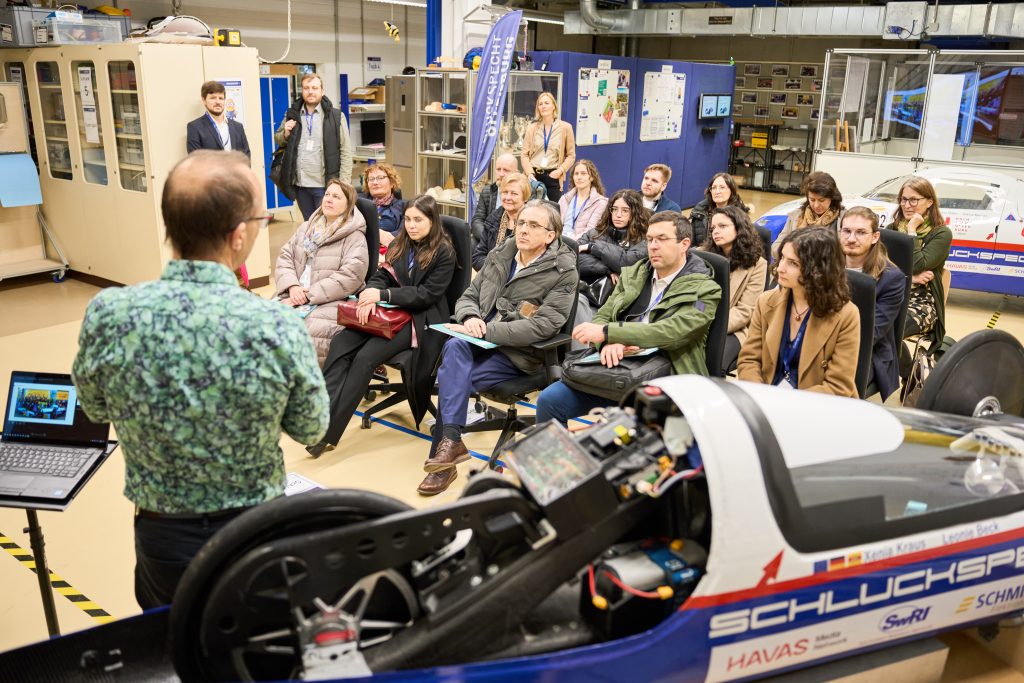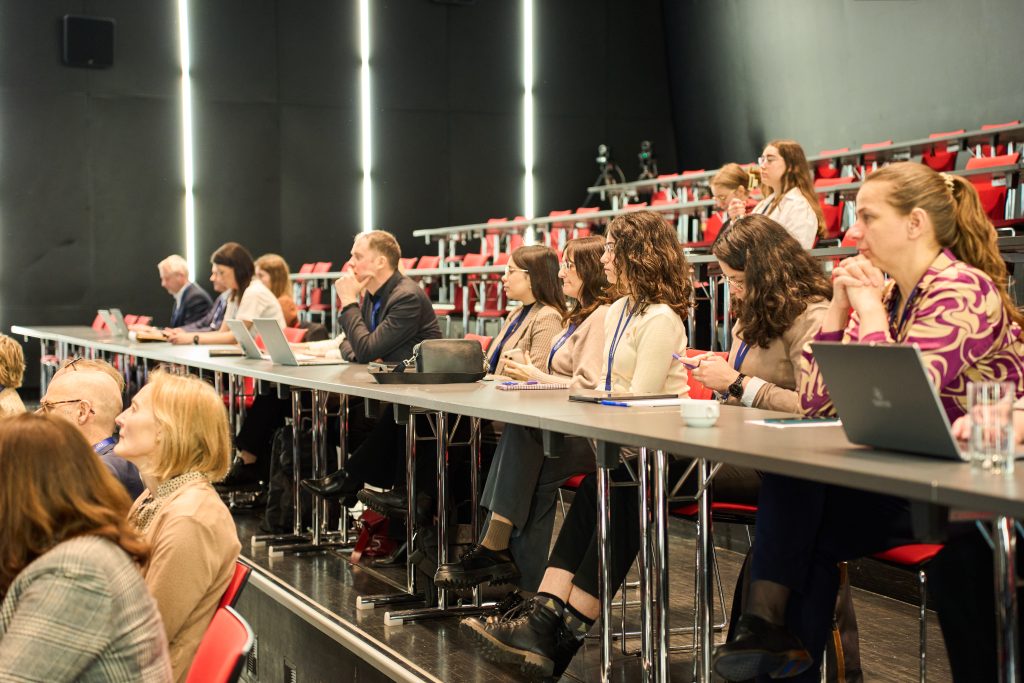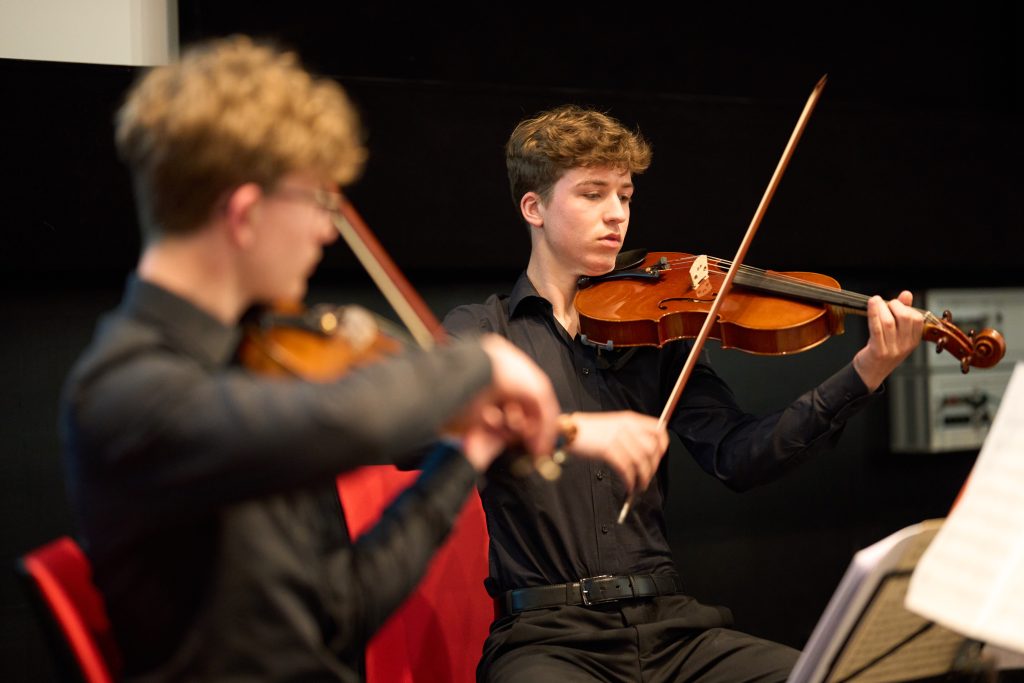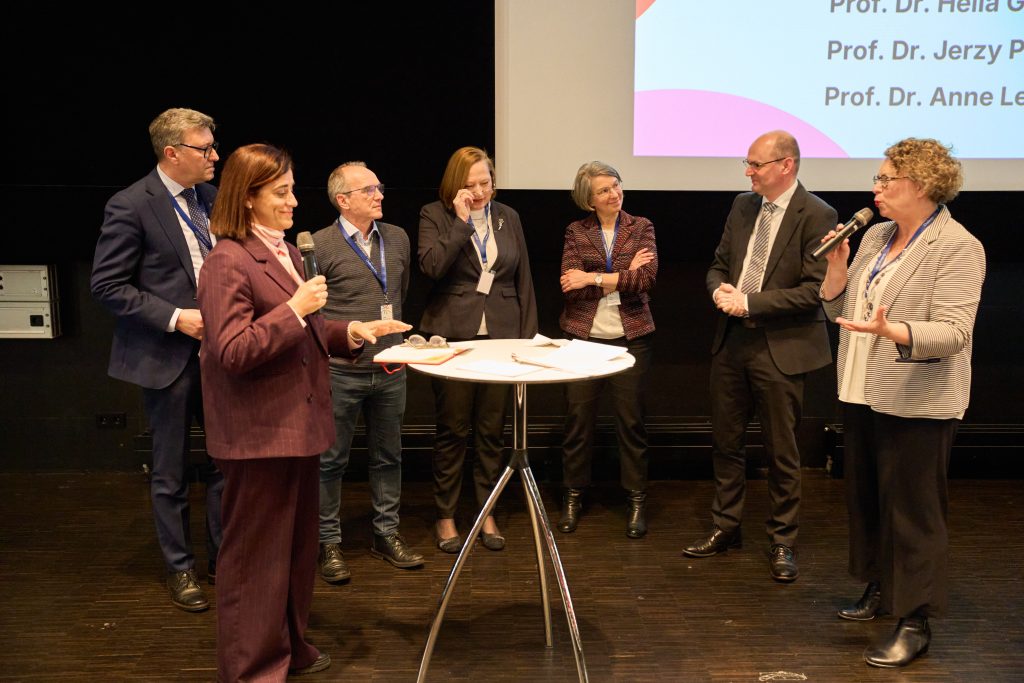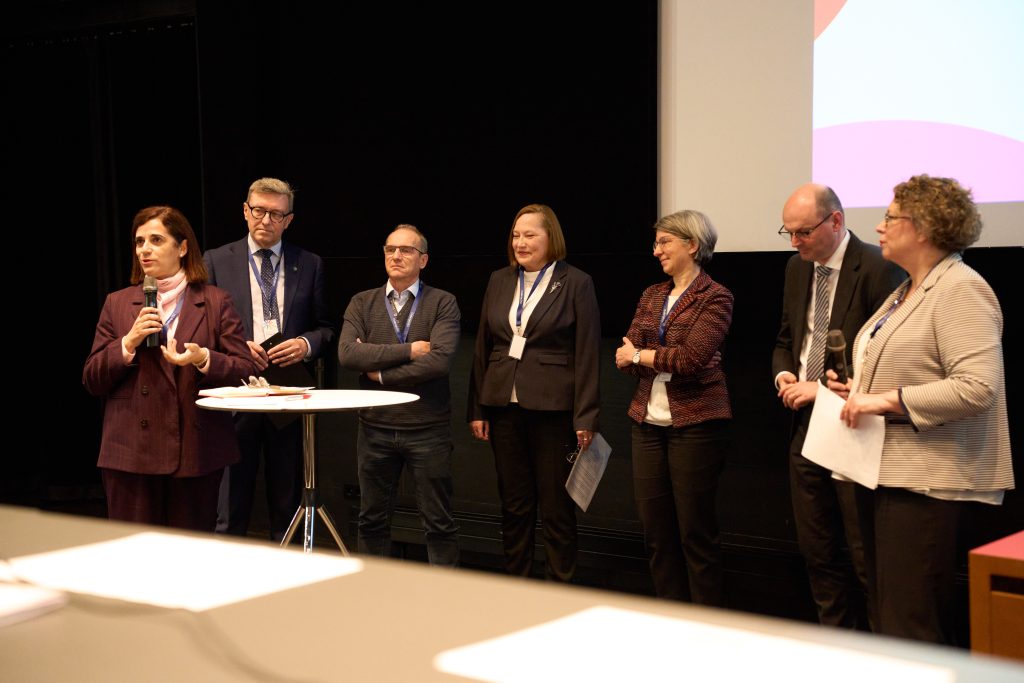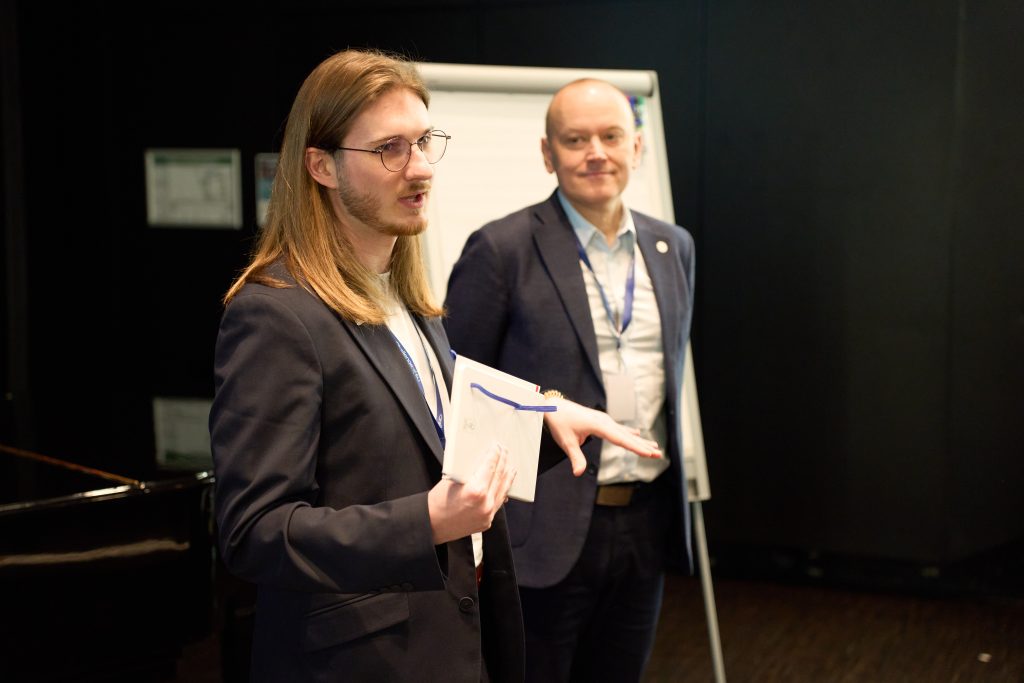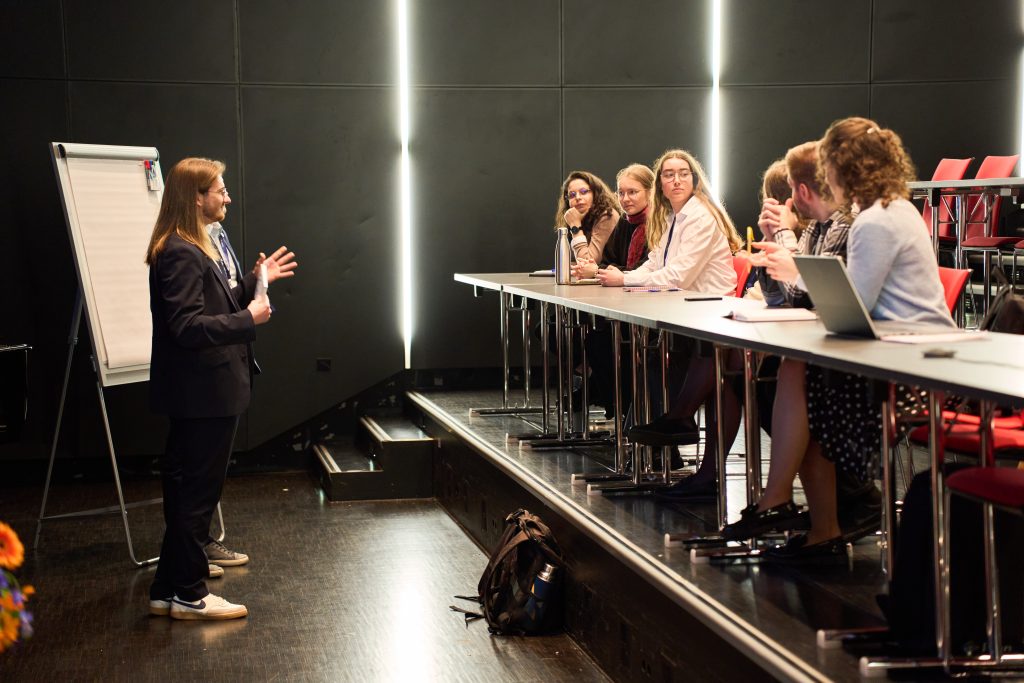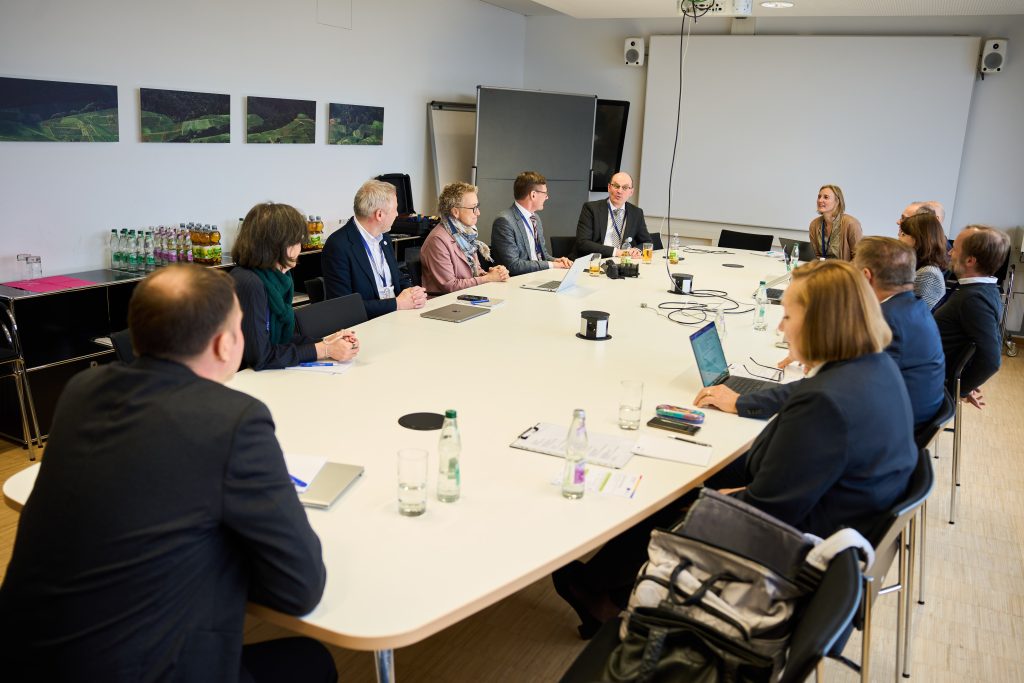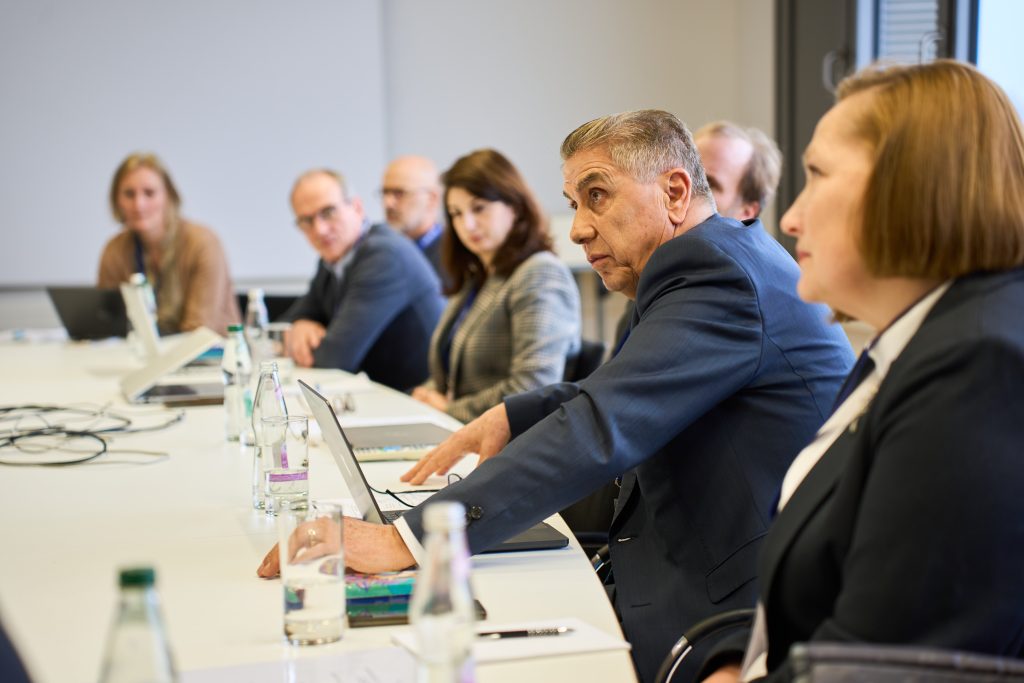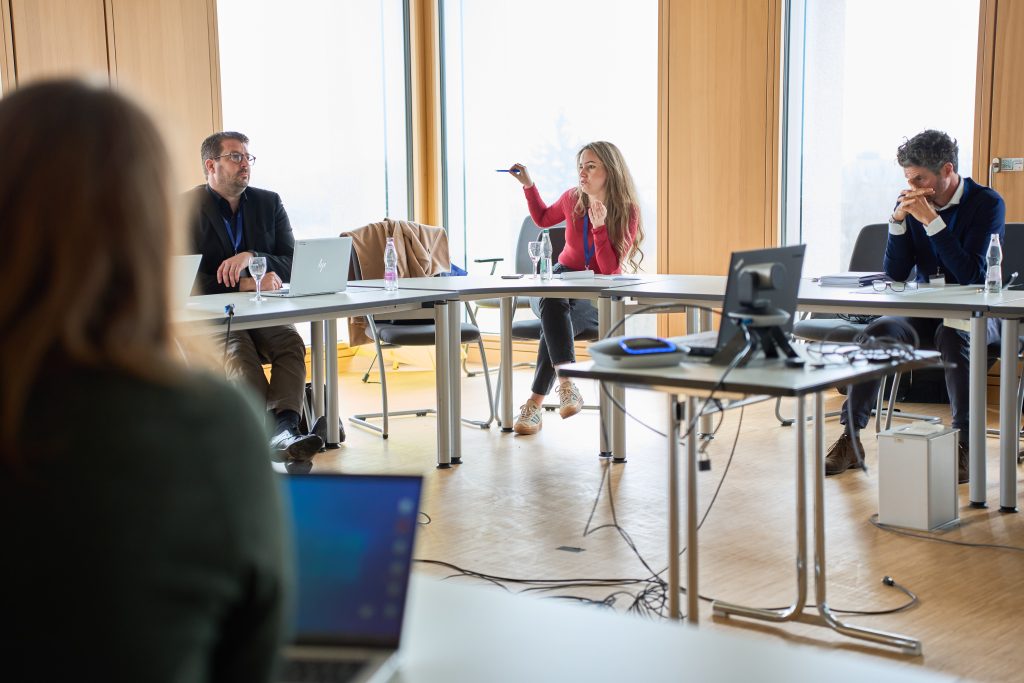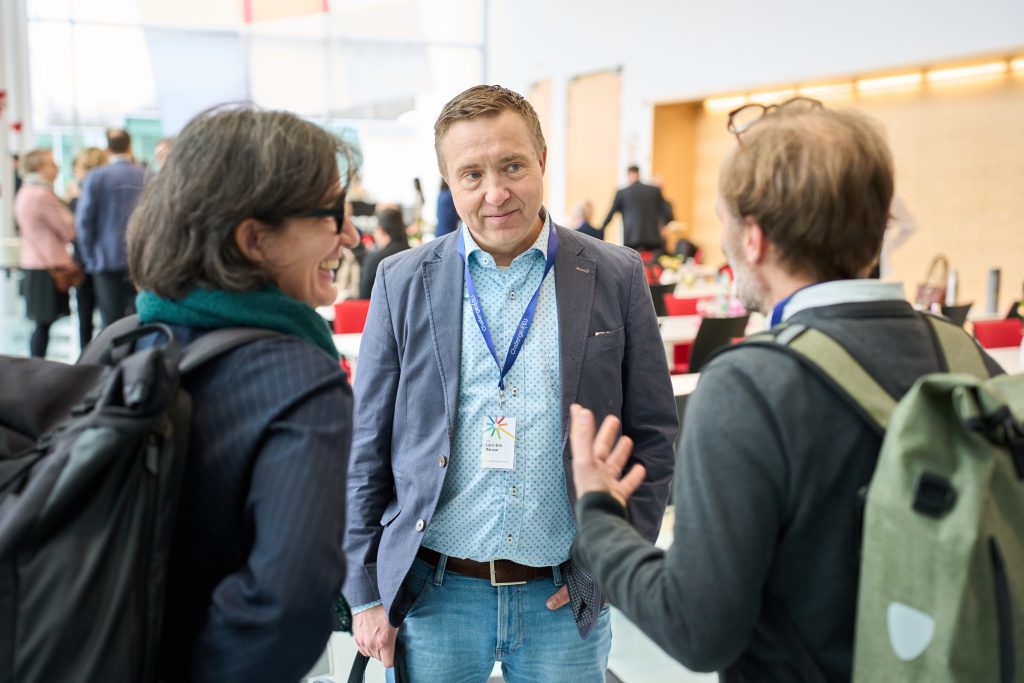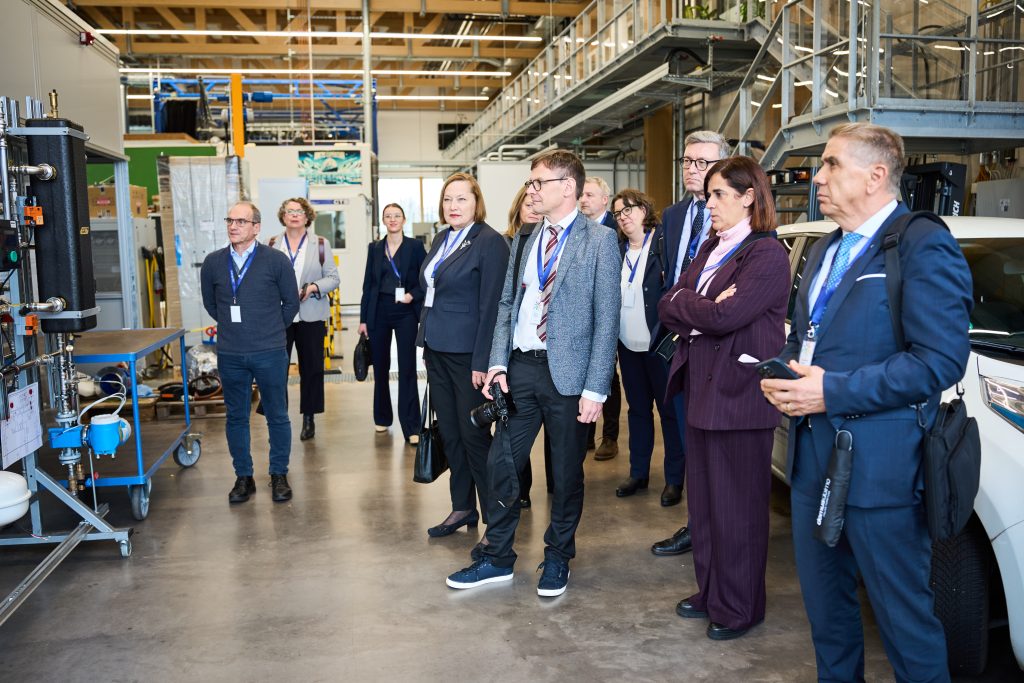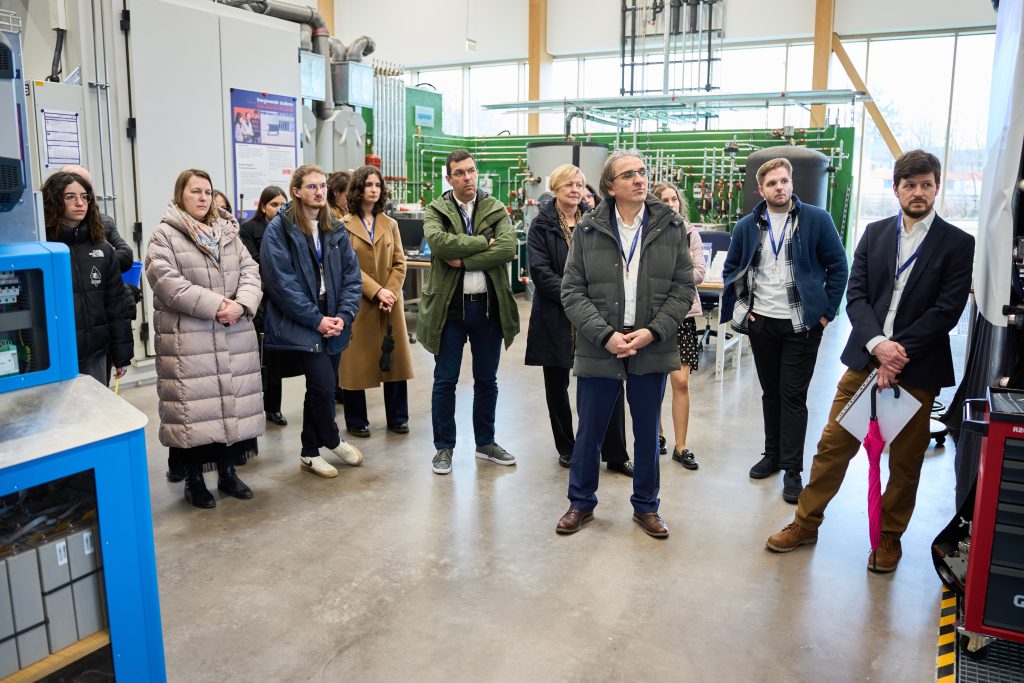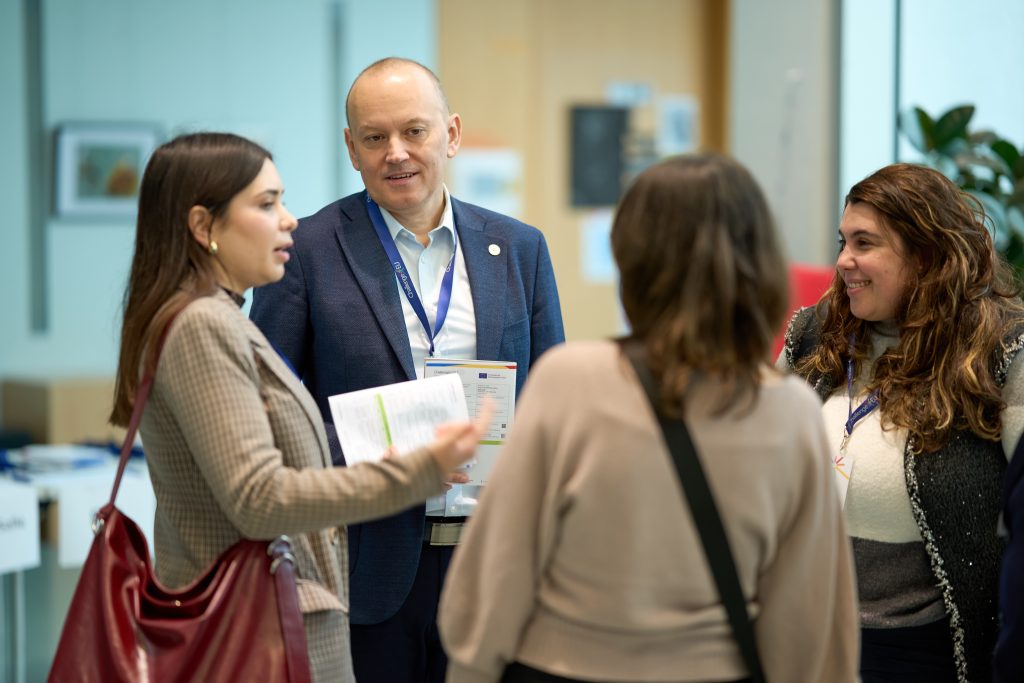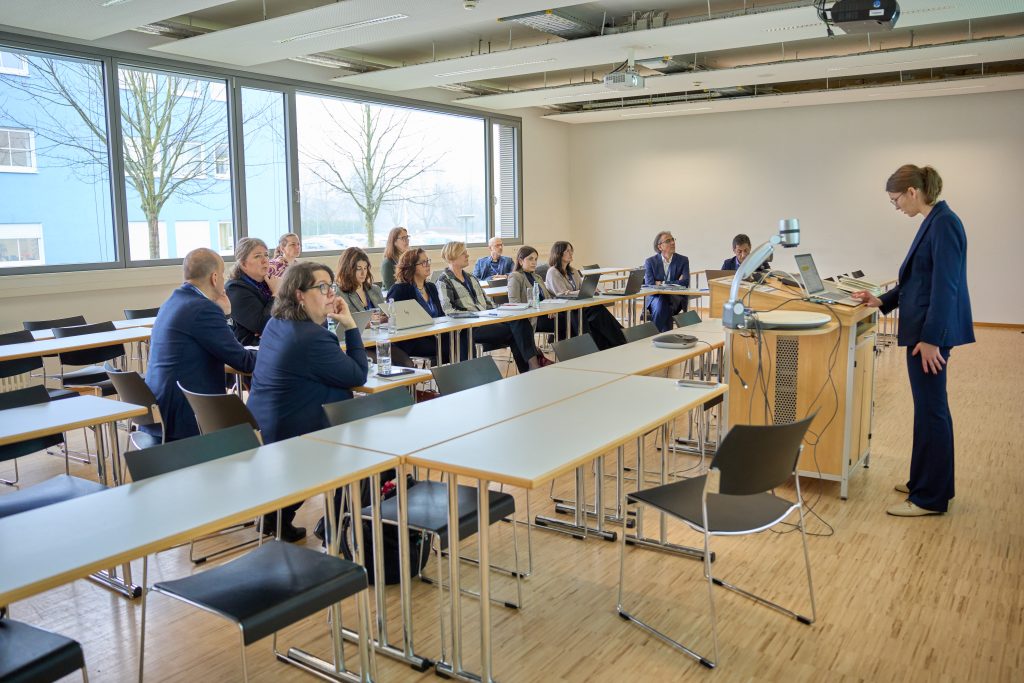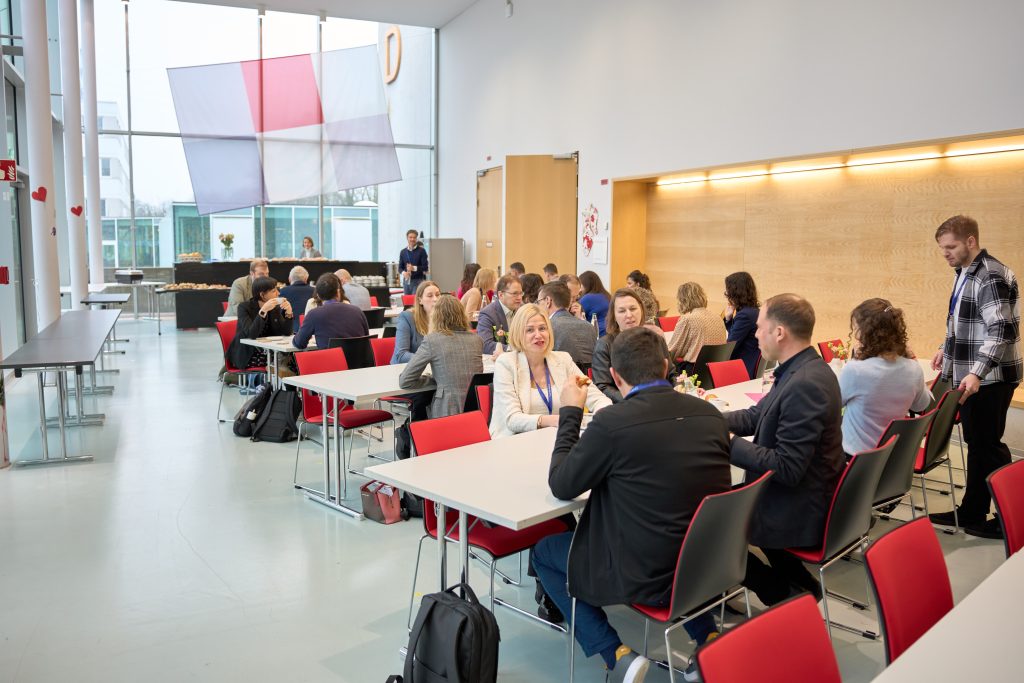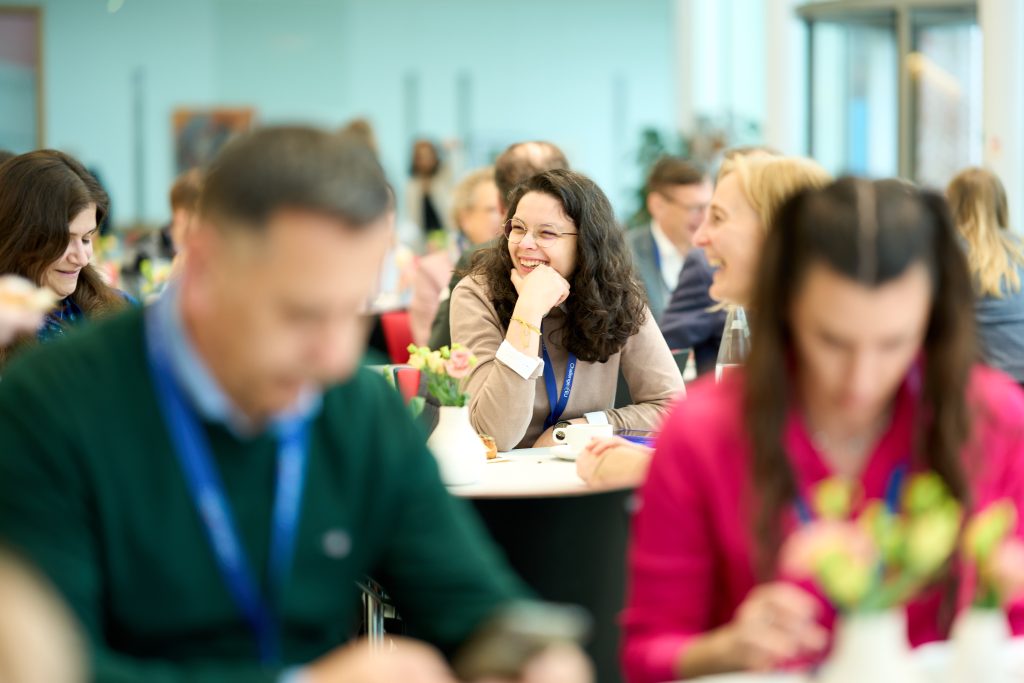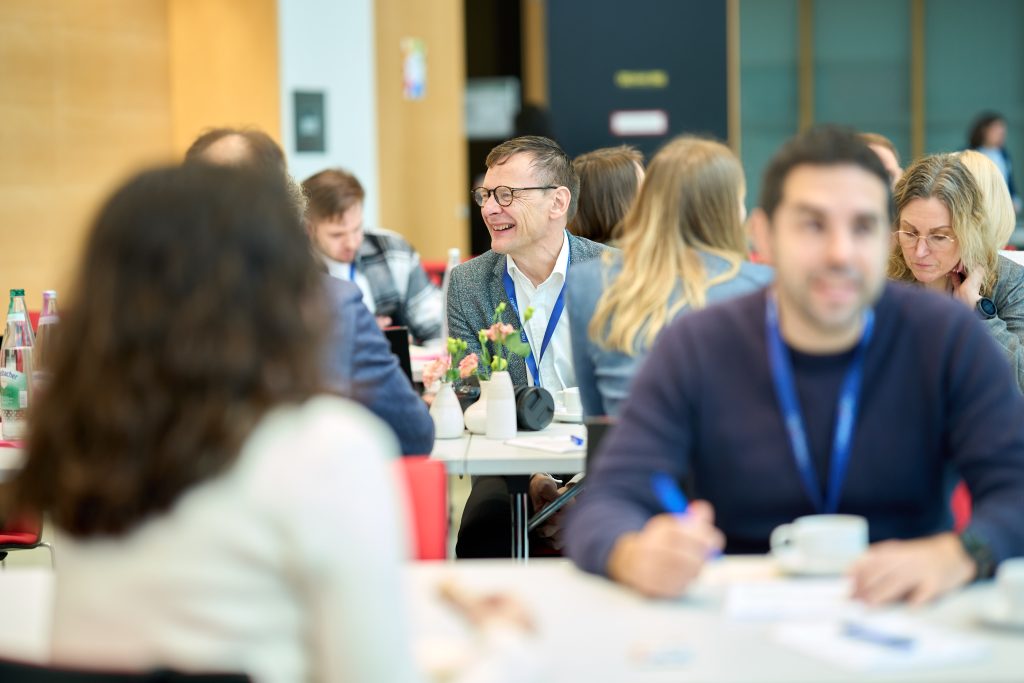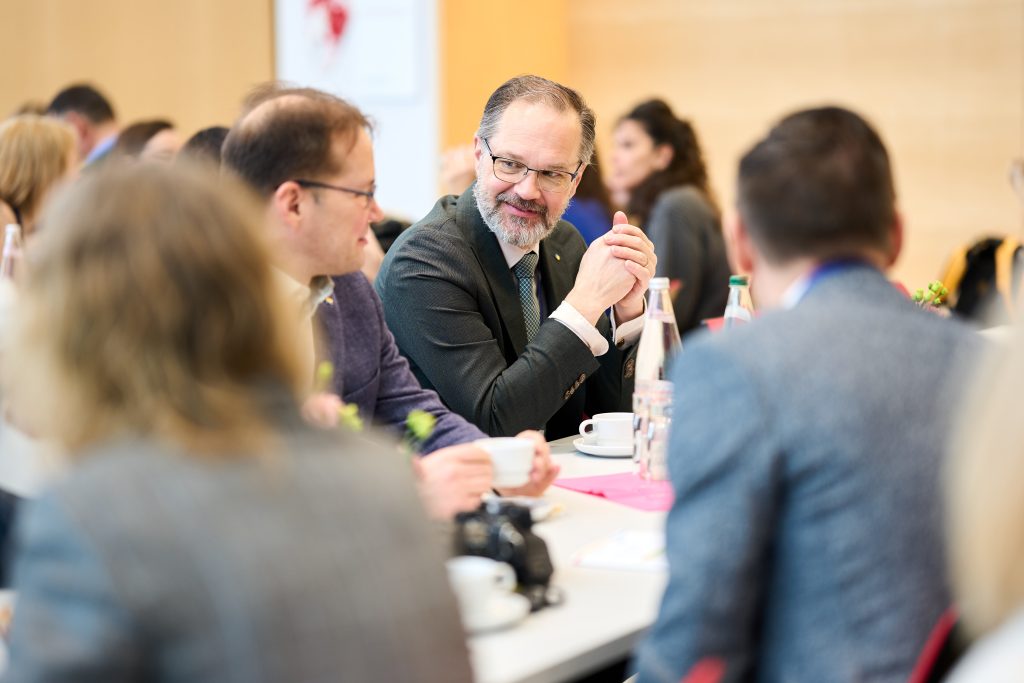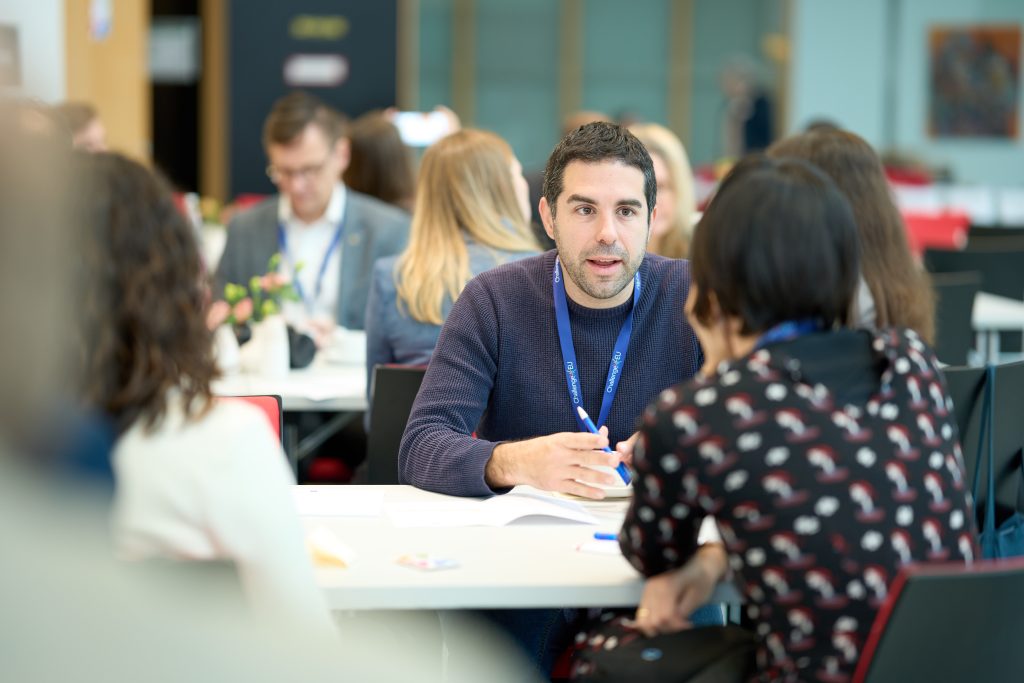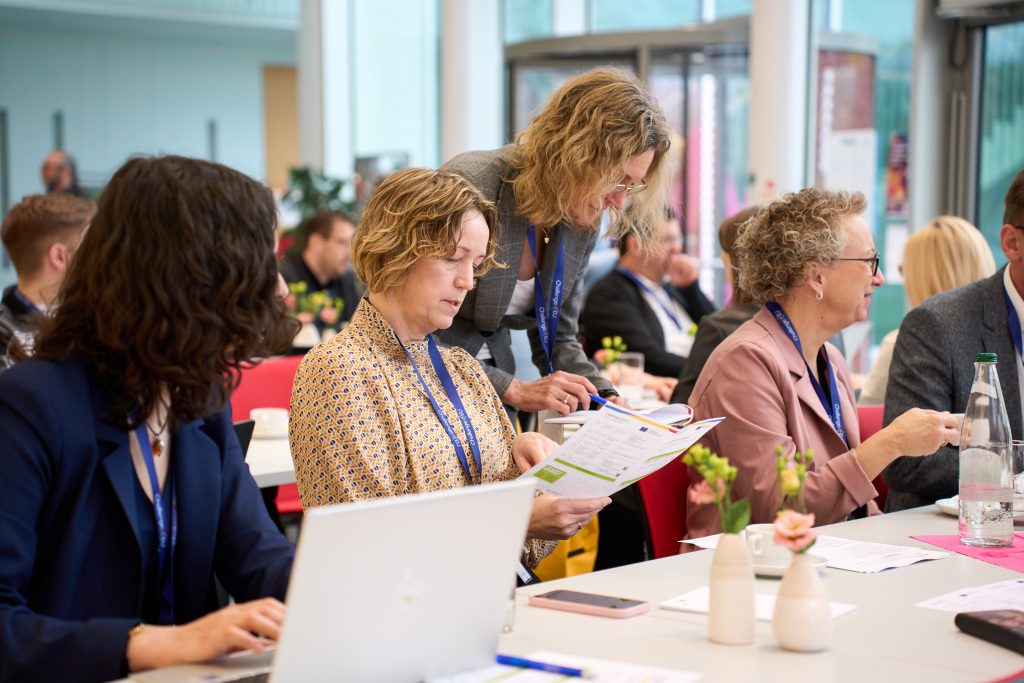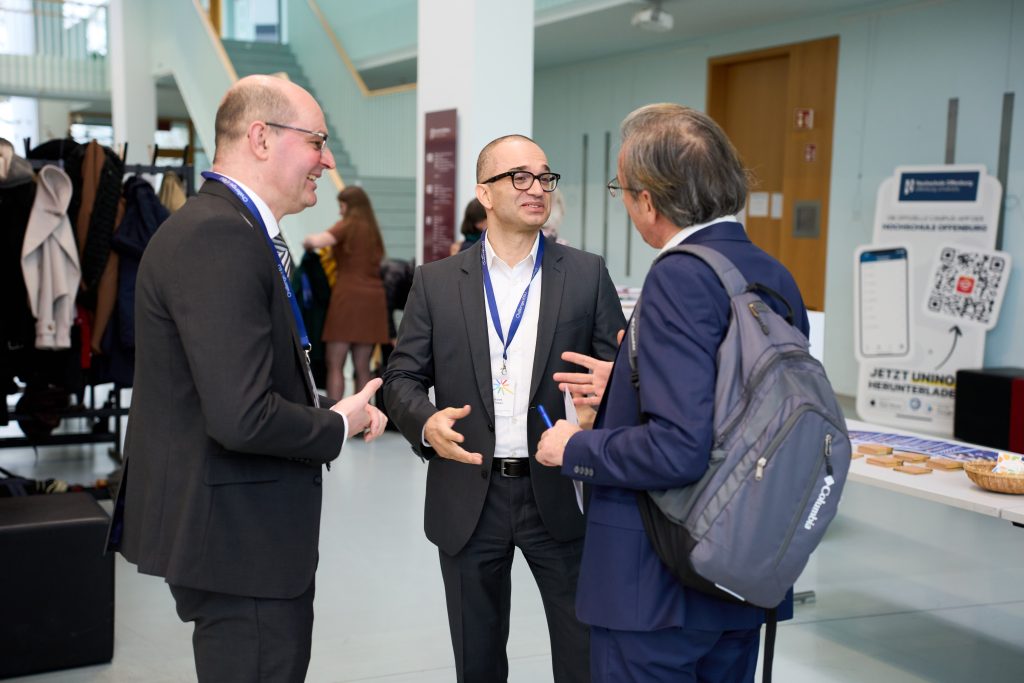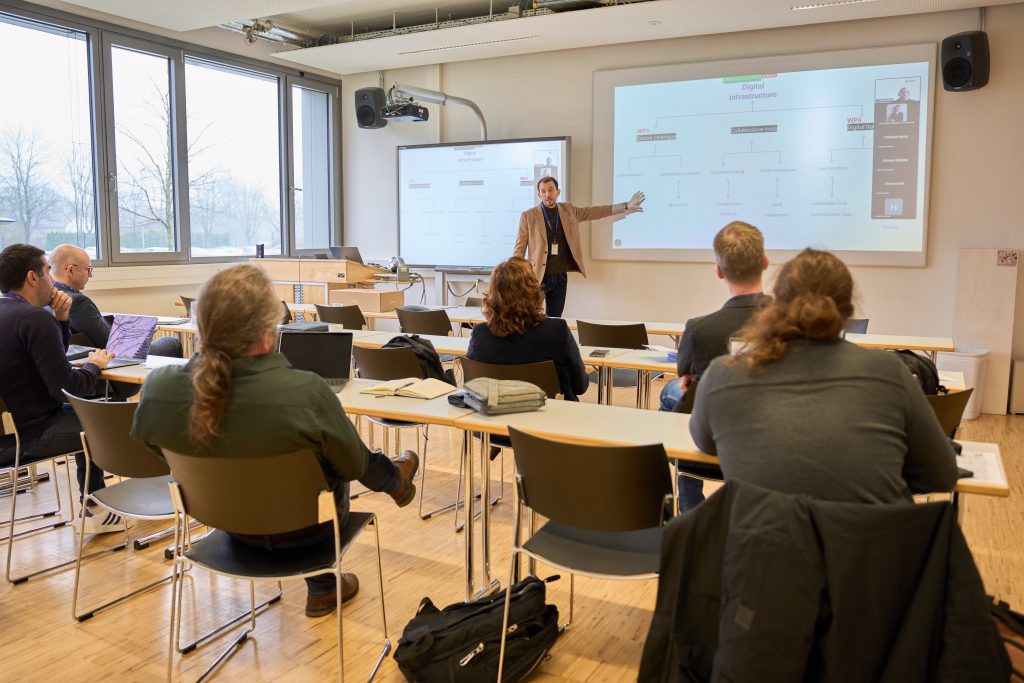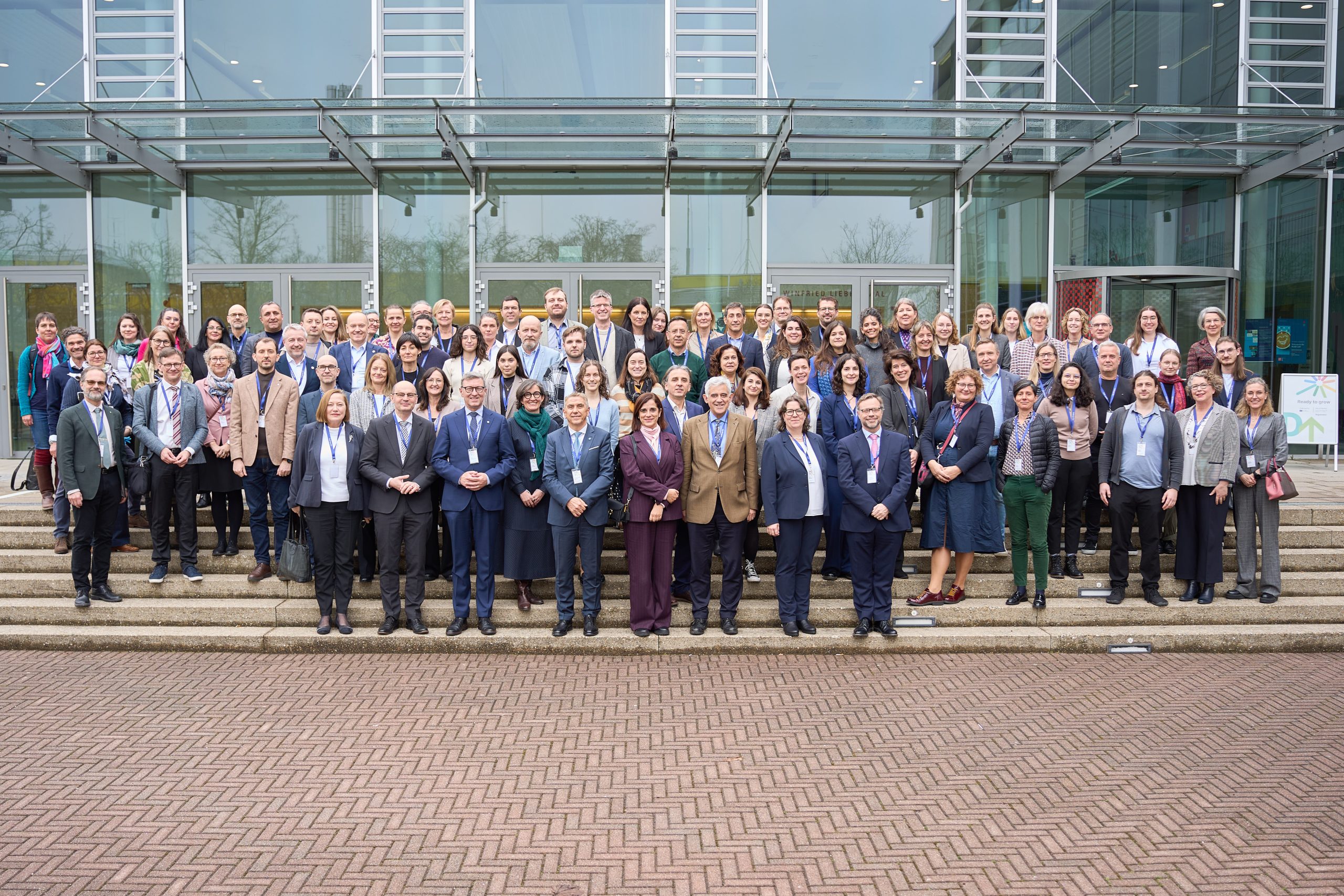Nine European universities united in Offenburg on 12 March to sign the Consortium Agreement, officially launching the ChallengeEU Alliance. The alliance’s goals include increasing mobility for students, academic staff, and the scientific community, as well as enhancing the quality, integration, and competitiveness of European higher education
The joint journey of nine European universities has been ongoing, but the meeting at Hochschule Offenburg (12-13 March) marks the official start of ChallengeEU. The alliance is part of the prestigious European Universities initiative, a European Commission programme aimed at supporting innovative cooperation between universities in the European Higher Education Area.
ChallengeEU: A Partnership for Change
The ChallengeEU alliance is formed by: Hochschule Offenburg (Germany, project coordinator), South East European University (North Macedonia), ECAM LaSalle (France), Mid Sweden University (Sweden), Universidade Europeia (Portugal), University of Warmia and Mazury in Olsztyn (Poland), Latvia University of Life Sciences and Technologies (Latvia), Universidad Europea de Valencia (Spain), Fachhochschule Nordwestschweiz FHNW (Switzerland, associated partner).
The official representatives of universities signed the agreement launching the alliance. Rector Rosa María Sanchidrián Pardo from Valencia was unable to attend the meeting in Offenburg, but the document bearing her signature was sent by post.
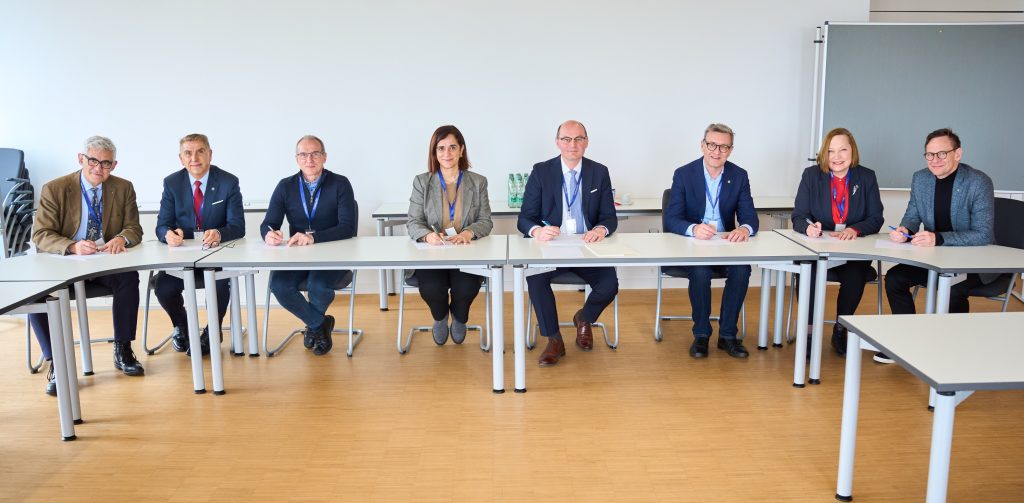
University authorities, researchers, administrative staff, and students will actively contribute to the alliance’s work. Together, they will establish a common European campus – an international hub for collaboration, knowledge exchange, and personal development.
The alliance is creating solutions to allow academic community members to study and gain skills across multiple universities. Participants will also earn cultural and linguistic competencies, certified by credentials like micro-credential.
Mission: Future-Ready Higher Education
The launch of cooperation between universities from nine countries is a big step for the 83,000 students and 9,000 staff members of the academic community, as well as for the 25 million citizens living in the ChallengeEU region.
The overarching aim of the project is hidden in its name: “Cultivating Holistic SustAinable CoLLaborations: ENGaging Excellence in European Universities”.
The most important goals of the alliance are:
- Transforming European Universities – the aim is to move universities from a “topic” approach to a “challenge and impact” approach in research, education and innovation. The Alliance will create the ChallengeEU Academy, which will consist of three pillars: the ChallengeEU Teaching Academy, the ChallengeEU Talent Academy and the ChallengeEU Training Academy. This Academy will support the professional development of students, staff and partners by offering joint curricula and skills development.
- Creating an Innovative Inter-University Campus – the priority will be to strengthen cooperation, promote mobility and develop intercultural and linguistic competences within the Alliance (among students, researchers and administrative staff).
- Advanced partnership for excellent education – development in the quadruple helix model. Using Open Science and Open Innovation methodologies, ChallengeEU will introduce a new model of knowledge transfer – the so-called Multi-Actor Research & Knowledge Exchange Teams (M.A.R.K.E.T.s), which will aim to strengthen partnerships between academia and stakeholders from four sectors (science, economy, administration, society).
- Promoting Inclusive Education – by eliminating barriers, ChallengeEU will ensure access to high-quality education for everyone. The Alliance will create an Open, Diverse and Inclusive Campus (ODEI) and develop an ODEI strategy and policy at each partner university.
- Supporting a Shared (Trans)Regional Innovation Ecosystem – ChallengeEU alliance aims to develop lasting collaboration with stakeholders within three Smart Specialization Areas: Health and Well-being (SDG 3), Smart Digitalization (SDG 9) and Sustainable Future (SDG 13).
By connecting universities, students and local stakeholders, the alliance members want to ensure that education responds to the challenges of today and the future and serves changes for the better. This is to be supported by cooperation, research and innovation.
It is also worth noting that 80 associated partners are involved in the ChallengeEU project. They represent sectors such as science, business, public administration and civil society. This demonstrates that the alliance’s influence will extend far beyond university campuses.
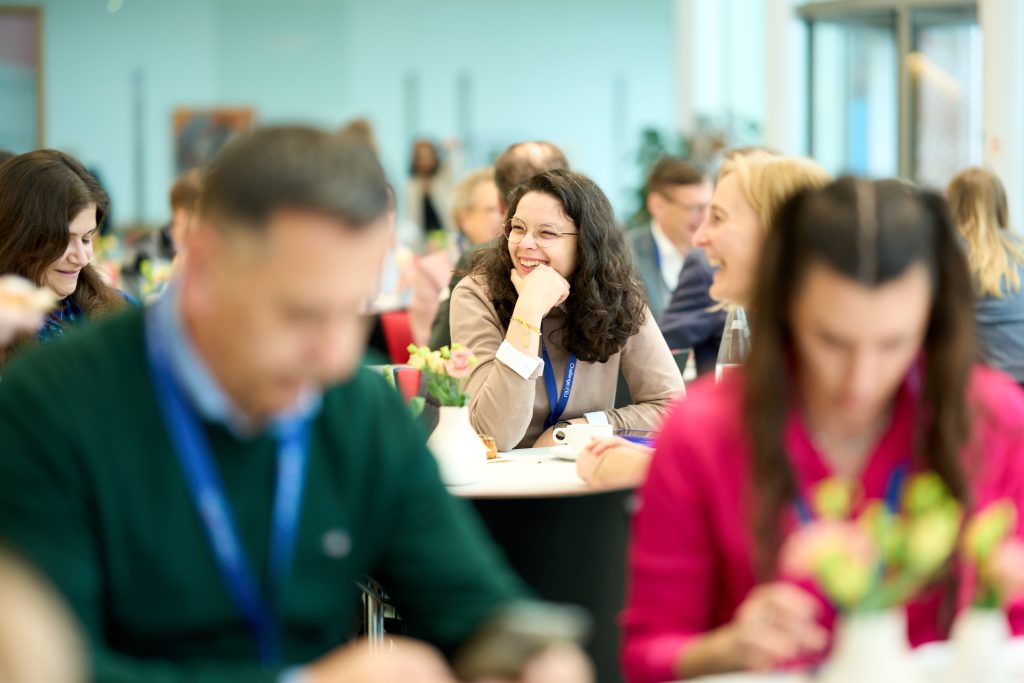
Kick-off Meeting in Offenburg
The signing of the Consortium Agreement in Offenburg is accompanied by many meetings of the working and management teams. Representatives from all partner universities have gathered at Hochschule Offenburg, with many additional participants joining online. This event provides an opportunity to discuss the project’s vision and objectives while developing an action plan for the near future. Moreover, it serves as a key moment for integrating the people who will shape ChallengeEU’s success.
ChallengeEU is not just an alliance of universities – it is a dynamic space for sharing experiences, fostering international competencies, and building a better future for students and society.
